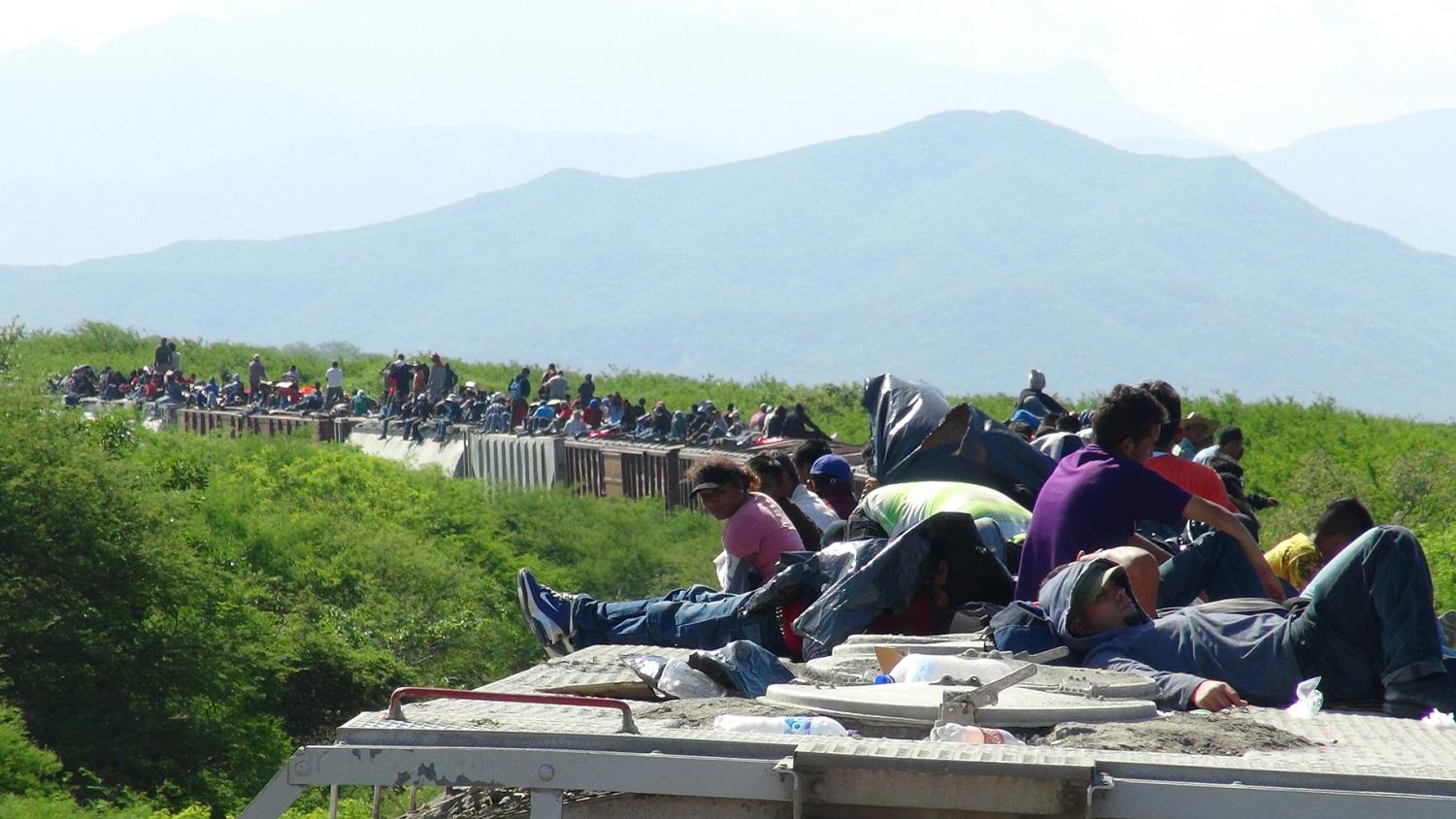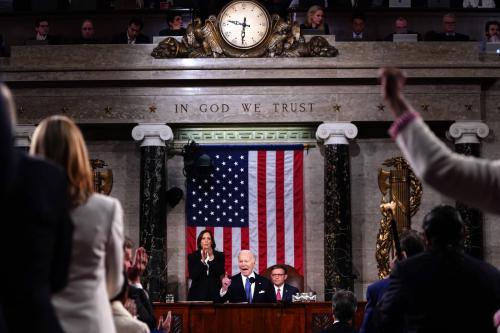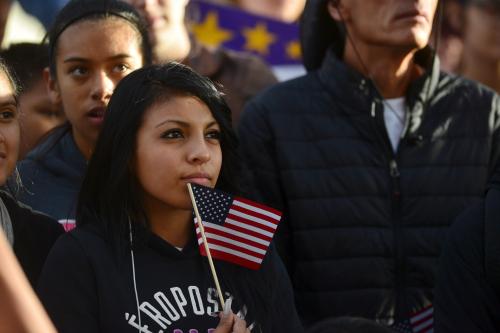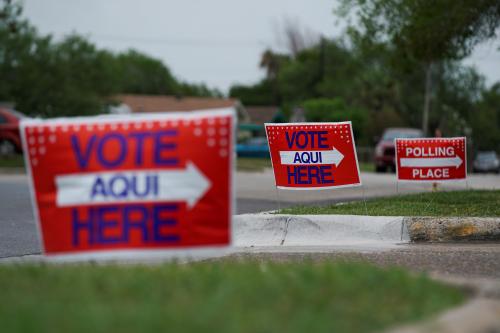Editor’s Note: This Issues in Governance Studies paper is based on the forthcoming book, White Backlash: Immigration, Race and American Politics (Princeton University Press) by Marisa Abrajano (with Zoltan Hajnal)
Changing racial demographics in the United States have made Latinos the largest racial minority in the country and made a kitchen table issue out of immigration for many Americans. Marisa Abrajano analyzes potential reactions to these changing racial demographics within the United States, suggesting that as white Americans start to lose hold of their majority status, the issue of immigration and its impacts will appear more frequently as a priority in American policymaking.
Abrajano predicts white Americans will shift either to the right, curtailing immigration reform measures and disinvesting in immigrant and low-income financial assistance, or to the left, favoring the support of immigrant and Latino residents and embracing their assimilation into American culture.
Abrajano finds in her study that several different factors influence the way white Americans respond to immigration reform:
- When media sources use the “threat narrative” to describe immigration, white Americans tend to identify less with the Democratic party.
- Neighborhoods that have been “encroached” by immigrants in any way become less likely to endorse public spending to disadvantaged sectors of the population.
- In states where immigrants could benefit from government spending, white Americans have voted to reduce educational, welfare and healthcare funding.
Despite claims that racial tensions have decreased, political stances are strongly impacted by one’s relation to immigrants, Abrajano argues. While the issue of immigration reform remains in the spotlight, political ideologies will become even more polarized and the political future for Latino Americans will be fraught with obstacles.



